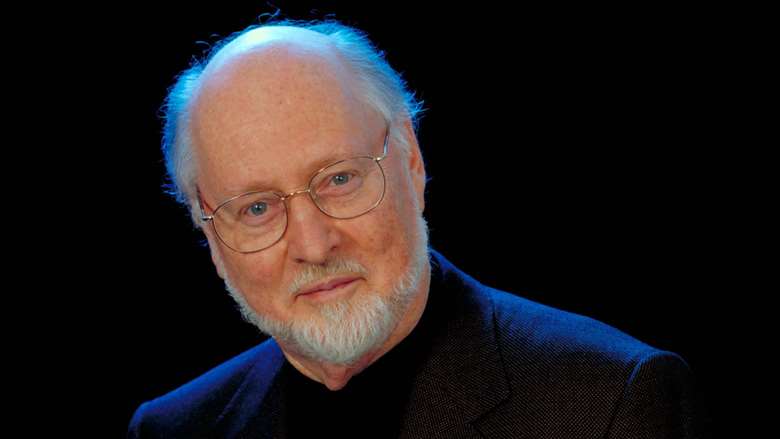John Williams interview: 'It's not hard work that makes success; it's sustained hard work that makes success'
Gramophone
Monday, February 20, 2017
Multi-Oscar-nominated composer of film scores for the likes of Star Wars and ET, John Williams still keeps a foot in the classical camp, as Timothy Mangan finds out (Gramophone, 2005)

Register now to continue reading
Thanks for exploring the Gramophone website. Sign up for a free account today to enjoy the following benefits:
- Free access to 3 subscriber-only articles per month
- Unlimited access to our news, podcasts and awards pages
- Free weekly email newsletter








